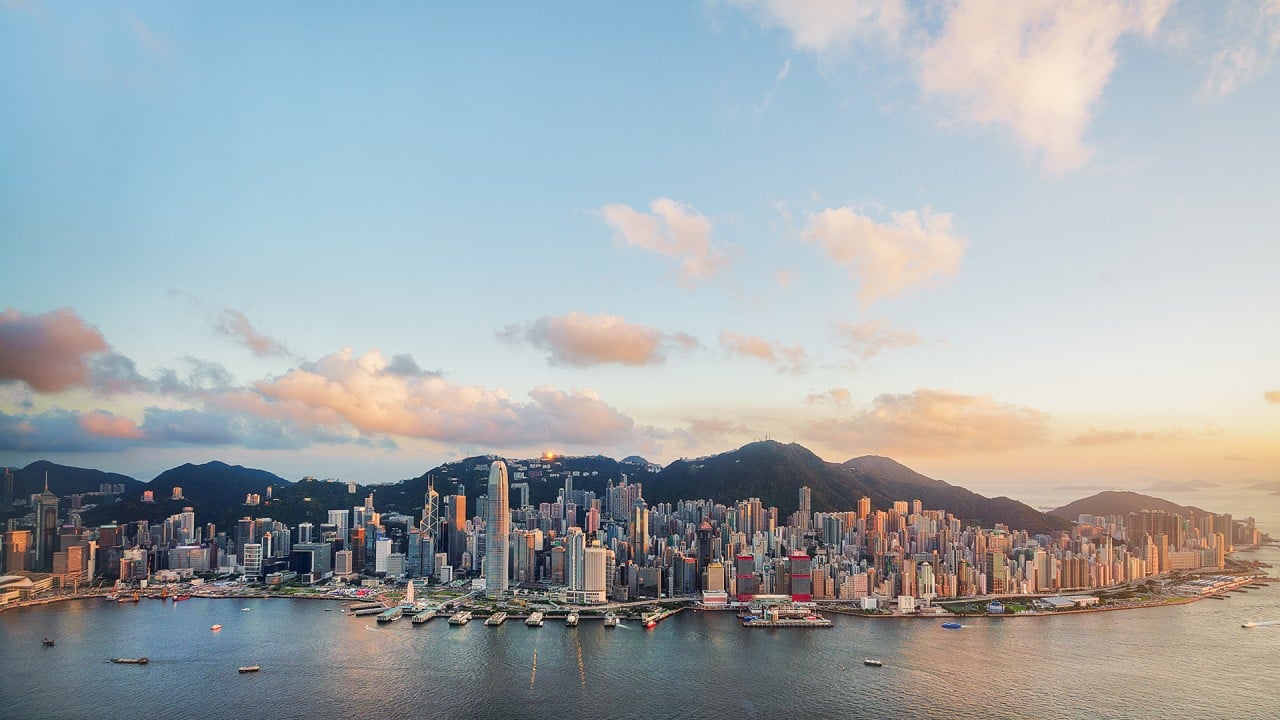
Is Hong Kong’s commercial property market healing? It’s complicated
- The worst part of a three-year crisis is probably over for Asia’s premier financial centre, but much hinges on when borders reopen
- Currently, the recovery is too fragile, and the appeal of other regional markets too strong, for Hong Kong to once again be a top destination for investment
Is Hong Kong’s commercial real estate sector firmly on the path to recovery, or has the market yet to reach a bottom?
That the answer is unclear is a sign that the worst of a three-year-long crisis is over. Asia’s premier financial centre has suffered more than any other major property market, having endured a succession of external and domestic shocks that have led to dramatic declines in rental and capital values.
In the investment market, transaction volumes collapsed to just US$6.8 billion last year, the lowest level since the 2008 financial crisis and down from just over US$23 billion in 2017, data from CBRE shows. While all major markets in the Asia-Pacific region suffered pandemic-induced falls in investment activity, Hong Kong was among the hardest hit.
However, for every data point that suggests a recovery has taken hold, there is a counterpoint that indicates the occupier market will remain weak for a considerable period of time. Even in the investment market, where the improvement in sentiment is most pronounced, the pandemic has accentuated the resilience and appeal of other countries in the region.
When analysing the data, one can find evidence that supports whatever view one chooses to hold, and whichever trend or theme one is predisposed to see. Hong Kong has become the something-for-everyone market.
This is most apparent in the office sector, where demand is picking up. Gross leasing volumes rose 40.2 per cent quarter on quarter last quarter, to 1.2 million square feet, the highest quarterly figure since the third quarter of 2019, data from CBRE shows.
Asian retail property going strong despite e-commerce boom
In Greater Central, which includes Admiralty and Sheung Wan, net absorption – which is still deep in negative territory for the market as a whole – was positive for the first time since the first quarter of 2019.
Yet, the surge in leasing activity is somewhat misleading. The overwhelming majority of transactions involve relocations and downsizing of corporate footprints. New demand and expansions remain limited.
“It’s a good thing for brokers, but not necessarily for landlords,” said Marcos Chan, head of research at CBRE in Hong Kong.
What is more, unlike some other office markets in the region, Hong Kong faces a massive increase in supply in the coming years that threatens to snuff out any recovery in rents.
Vaccine hesitancy will undermine Hong Kong’s role as a global city
Even the investment market, where the recovery is most advanced, leaves plenty of room for interpretation. There is no denying that transaction volumes have picked up significantly since the end of last year. Hong Kong is increasingly seen as a “recovery play”, with the steep fall in capital values and the prospect of reopening lifting sentiment.
Yet, the recovery is too fragile, and the appeal of other leading markets in the region too strong, for Hong Kong to reclaim the position it held in 2017-18 as one of the top destinations for investment in Asia.
Indeed, this year’s industrial-driven rebound in investment says more about the fierce demand for industrial and logistics assets than it does about the strength of Hong Kong’s recovery.
Differing views about the city’s commercial property market are likely to persist for some time. A lot hinges on when the borders reopen. Chan said that there is “pent-up demand” from mainland firms for office space, which could help underpin the recovery.
For the time being, however, Hong Kong is Asia’s commercial property Rorschach test.
Nicholas Spiro is a partner at Lauressa Advisory


